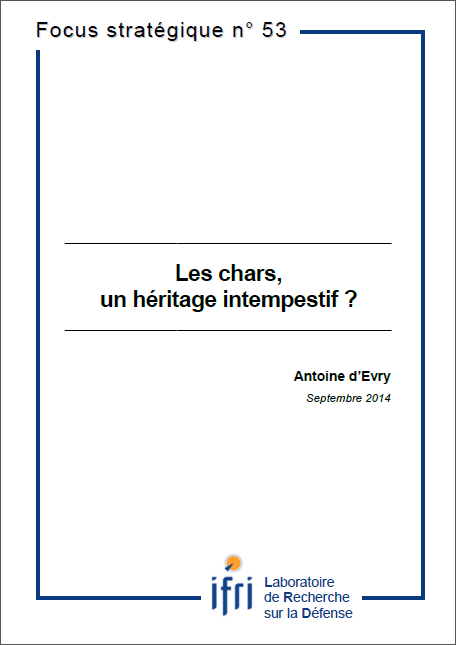Les chars, un héritage intempestif ?

Regarded as a revolutionary weapon at the beginning of the 20th century, the tank is now suffering from a lack of legitimacy: in the last 20 years, most European states have drastically reduced their tank fleets, sometimes even entirely removing them from their arsenals.
This dwindling number of tanks among European land forces is worrisome, as non-state enemies tend to display improved fire power while the rest of the world builds up their militaries. The current geopolitical context and the political aversion to human losses in the West, but also the tactical conditions of probable ground operations and the limitations inherent in airpower, all question the vaunted obsolescence of the tank. Prudence therefore dictates not to cut further our armored forces, but rather adapt them to the present and foreseeable circumstances. Far from obsolete, tanks are an enduring capability tailored for reassurance in Europe.
This content is available in French: Les chars, un héritage intempestif ?
Related centers and programs
Discover our other research centers and programsFind out more
Discover all our analysesThe Franco-German Brigade and the Revival of European Defense
One thing has been clear since Donald Trump's return to the White House: the very existence of the European unification project is threatened. Unless it develops a sovereign defense policy to counter the war in Ukraine and the weakening of American security guarantees, the European Union will continue to see its internal cohesion and external attractiveness wane.
Taking the Pulse: Can Europeans Build Their Independent Extended Nuclear Deterrent?
Confronted with a U.S. disengagement and the Russian threat, Europeans are reconsidering their stance on nuclear deterrence. Given the capabilities of the French and British arsenals, can Europe develop an independent nuclear deterrent?

RAMSES 2024. A World to Be Remade
For its 42nd edition, RAMSES 2024 identifies three major challenges for 2024.
A Transatlantic Defense Industrial Base? Two Contrasting Views
The evolving landscape of global defense cooperation has brought the transatlantic relationship between the United States (US) and Europe into sharp focus. As geopolitical tensions rise and the threat environment becomes more complex, the question of how Europe can best ensure its security while navigating its relationship with the United States has become paramount. This double feature report offers two contrasting views on the dynamics of US-Europe defense industrial relations, highlighting the challenges and opportunities that lie ahead for both parties.










